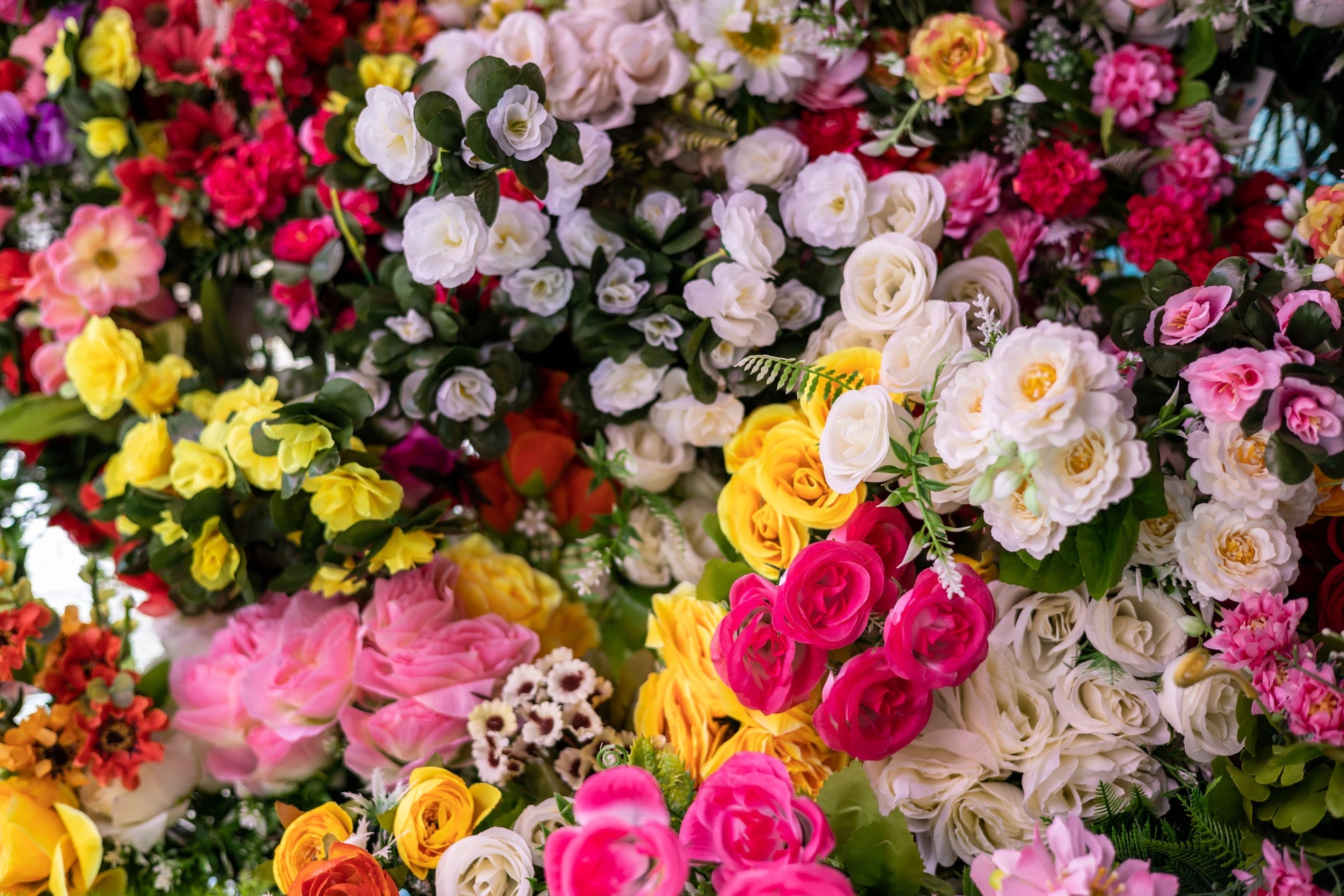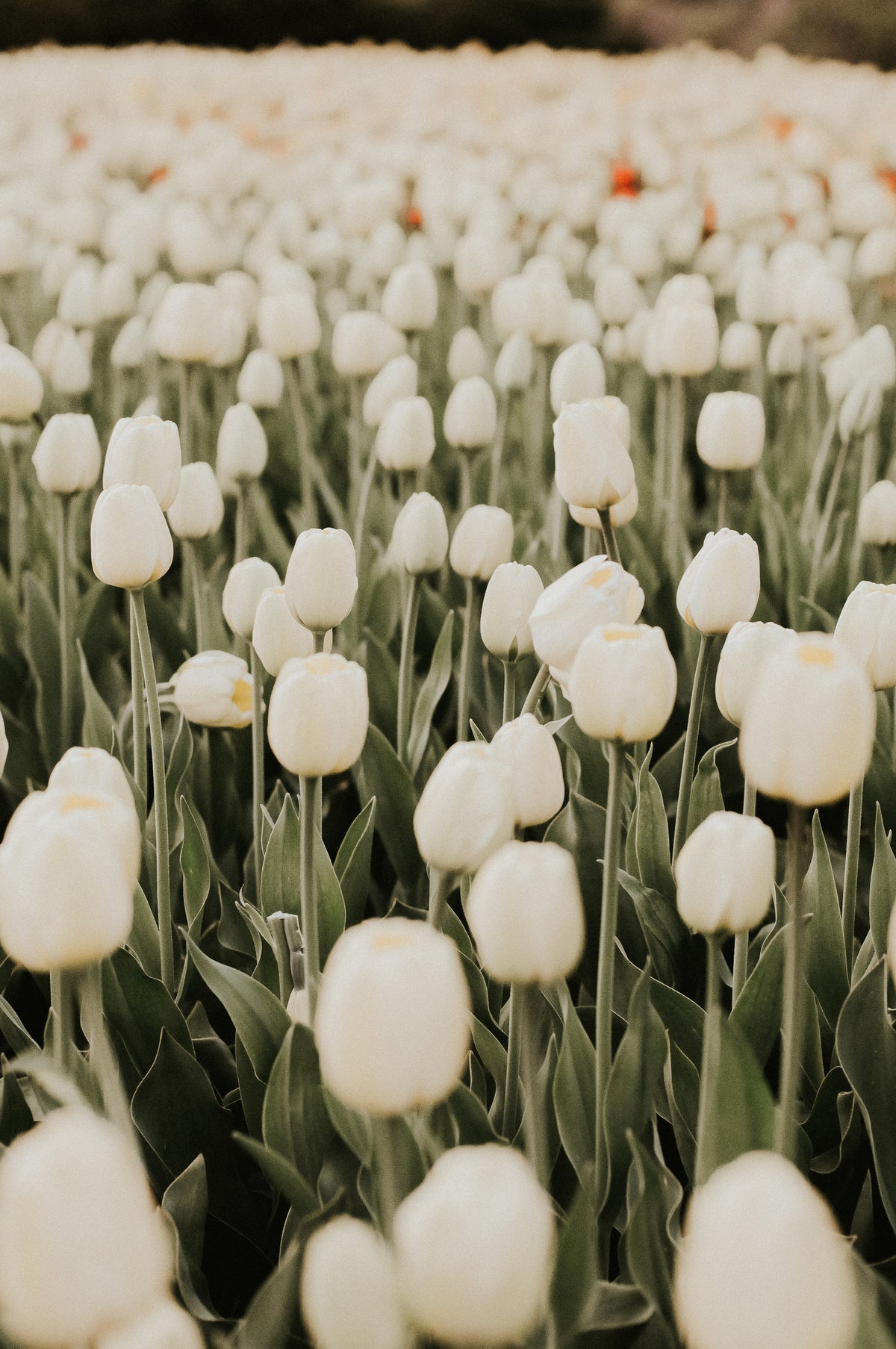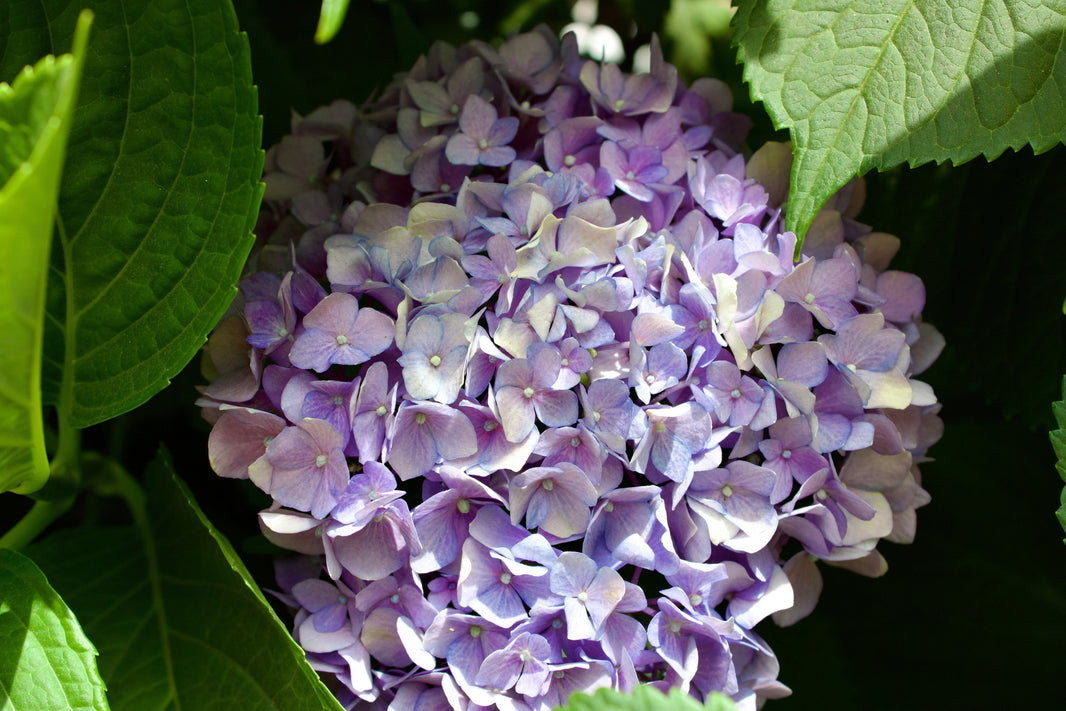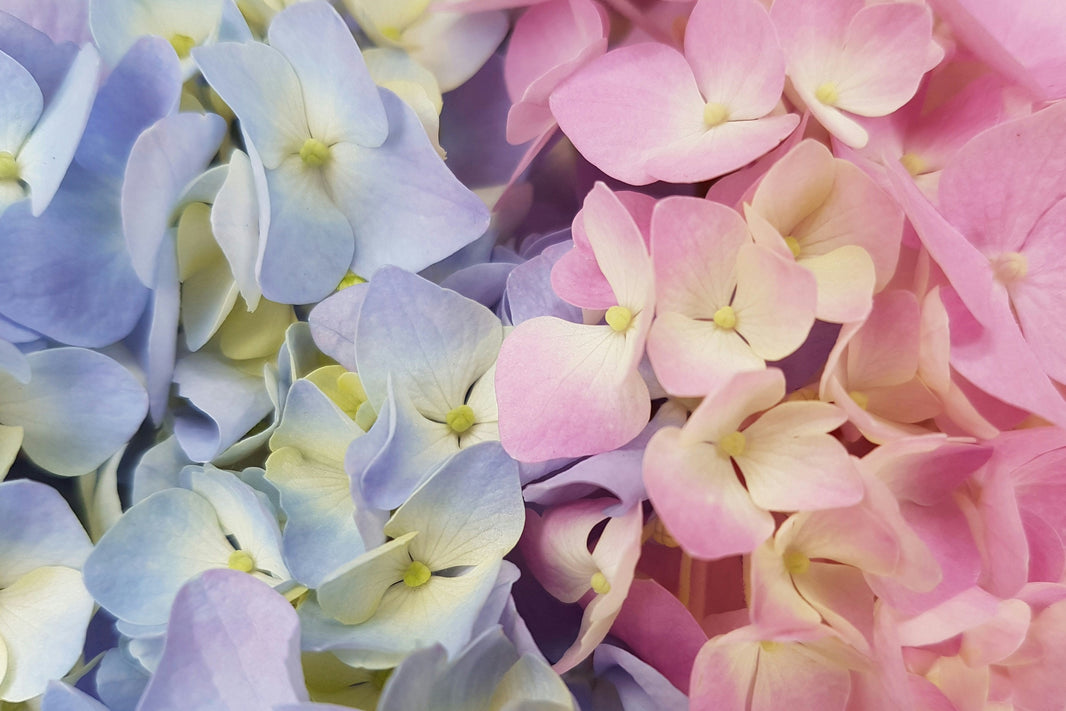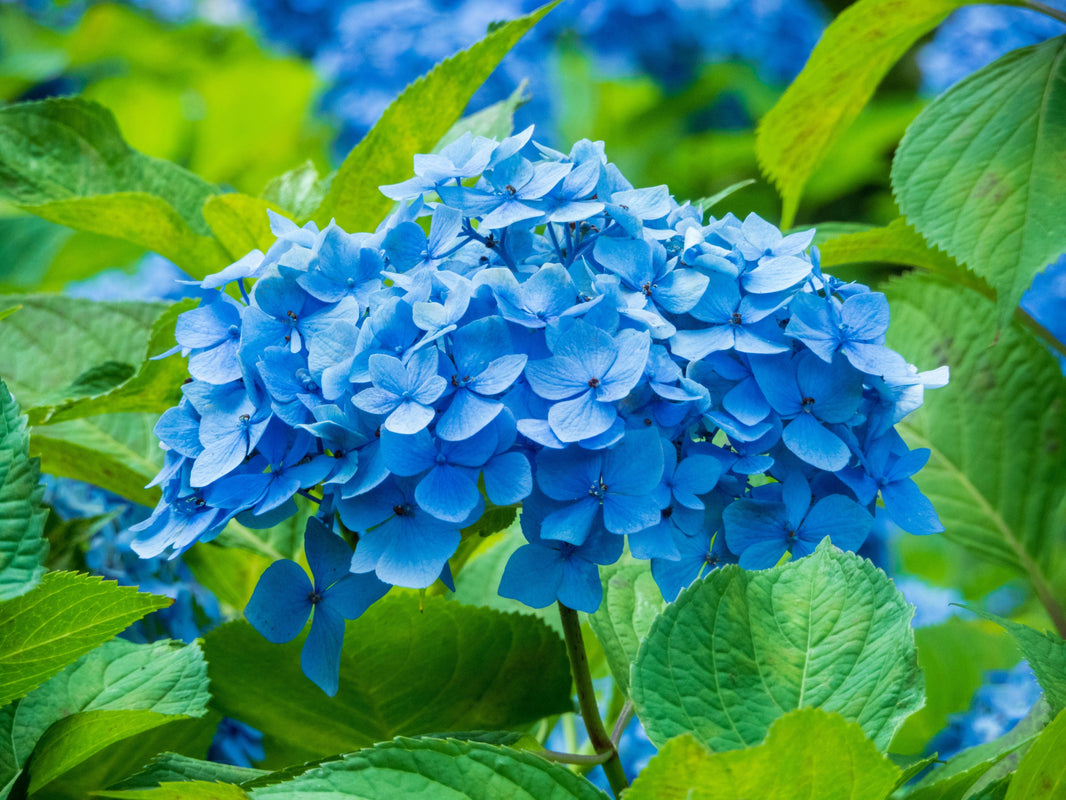Fresh flowers can uplift any space, offering beauty, color, and fragrance. For many shoppers, grocery store floral sections offer a convenient way to bring home a burst of nature’s charm. But not all grocery store flowers are created equal. Some bouquets wilt in just a few days, while others maintain their beauty for more than a week. So which grocery store actually sells the longest-lasting flowers?
This question has gained popularity as consumers grow more selective about where they shop and what kind of value they get for their money. It’s not just about appearance anymore—it’s about performance. Longevity is the key metric that separates average blooms from exceptional ones, especially when purchasing on a routine basis or for an important event.
The differences in flower lifespan can stem from various factors: when the flowers were harvested, how they were transported, and how they’re stored in the store. In some cases, it’s the floral team’s care and attention to detail that extends the bouquet’s shelf life. In others, it’s the quality of the supply chain and the relationship the grocery chain has with its growers.
Understanding flower longevity also means understanding sourcing. Flowers that are cut too early or mishandled in transit won’t last long, no matter how lovely they look at the time of purchase. This is where the sourcing practices of grocery stores come under scrutiny—and where wholesale flowers often shine as a superior alternative.
This post ranks the most popular grocery stores based on flower longevity and offers insight into how their flower programs operate. We’ll dive into who stands out, who underwhelms, and why some stores consistently deliver longer-lasting blooms than others. We’ll also explain why bulk buyers and flower enthusiasts might consider skipping the grocery aisle altogether.
For those seeking consistently long-lasting flowers with greater selection, superior freshness, and customizable options, wholesale providers offer unmatched benefits. Toward the end of this guide, we’ll also spotlight WholesaleFlowers.net, a leading platform for anyone who values high-performing flowers at wholesale prices.
Let’s dive into the floral offerings of your favorite grocery chains—and see how they stack up when longevity really matters.
Trader Joe’s: A Cult Favorite With Mixed Results
Trader Joe’s has become a go-to for many flower lovers thanks to its affordable prices and charming pre-arranged bouquets. Customers often rave about the colorful displays and seasonal offerings at the store entrance. But when it comes to flower longevity, the results can vary depending on what you buy and when you buy it.
The biggest strength of Trader Joe’s flowers is affordability. You can pick up a decent bouquet for under $10, often including trendy blooms like eucalyptus, hydrangeas, and spray roses. This low price point makes it easy to impulse buy flowers, but it also means compromises in quality control and lifespan.
Trader Joe’s sources many of its flowers from large-scale suppliers in Colombia and Ecuador—regions known for their rose and carnation production. These flowers are imported to the U.S., often through large ports like Miami, and then distributed to stores. However, the logistics involved can add days to the flower’s life cycle before it even reaches your home.
Once in-store, the flowers are typically displayed in metal buckets without refrigeration. While this makes browsing more accessible for shoppers, it doesn’t help the flowers last longer. Warm temperatures and frequent handling can accelerate the aging process and reduce vase life once you bring them home.
Care instructions and flower food packets are not always provided, which can be a missed opportunity. First-time buyers might not realize how much trimming stems and changing water affects longevity, and Trader Joe’s doesn’t offer much guidance at the point of sale.
The inconsistency of freshness is another issue. On some days, you’ll find flowers that look like they’ve just been delivered. On others, the options are clearly past their prime, with browning petals and sagging stems. Store delivery schedules vary, so timing your visit is crucial for getting the best blooms.
Despite these challenges, certain flower types from Trader Joe’s do hold up well. Alstroemeria, chrysanthemums, and mini carnations can last up to 10 days, making them smart picks for long-lasting arrangements. Roses and tulips, however, often fade in under five days.
In the end, Trader Joe’s flowers are a good value for everyday beauty but inconsistent for special occasions or when flower longevity truly matters. For better quality and freshness that lasts, wholesale flowers remain a more reliable option.
Whole Foods: Ethical Sourcing, Mid-Range Longevity
Whole Foods is well-known for its commitment to ethical and sustainable sourcing, and this philosophy extends to its floral department. With Fair Trade and Rainforest Alliance certifications prominently displayed on many of their bouquets, Whole Foods flowers attract shoppers who care about both aesthetics and environmental impact. But how do they perform when it comes to longevity?
In terms of freshness, Whole Foods does a relatively good job. Their flowers are often stored in refrigerated displays, and many locations employ staff trained in floral care. This attention to detail contributes to a decent average vase life, with certain blooms lasting between 6 to 8 days, sometimes longer if they’re properly cared for at home.
Whole Foods primarily offers roses, lilies, sunflowers, tulips, and seasonal mixes. While the quality of these flowers is generally high, pricing tends to reflect the premium branding. Bouquets often start at $15 and can go upwards of $30 depending on size and composition. While the cost may be justified by ethical sourcing, it doesn’t always translate to better longevity than less expensive options.
One of the advantages Whole Foods has over competitors is their consistency. Thanks to their standardized supplier relationships and quality assurance protocols, flowers across locations tend to look and perform similarly. This makes it easier for customers to trust what they’re buying.
Whole Foods often includes flower food and care instructions with their bouquets, encouraging proper hydration and maintenance once the flowers are taken home. This helps extend vase life and enhances the customer experience, especially for those who are not floral-savvy.
However, like Trader Joe’s, the store’s heavy reliance on pre-arranged bouquets limits variety and personalization. There’s little opportunity to hand-pick stems unless you visit a location with a full floral counter, which is rare. Additionally, Whole Foods doesn’t offer many filler flowers or foliage, which are essential for creating more intricate, long-lasting arrangements.
Flowers at Whole Foods are not rotated as frequently as one might hope. Depending on store traffic, some blooms may sit for several days before being replaced, which can impact freshness and reduce longevity for end buyers. Regular shoppers might notice quality peaks just after delivery days.
Despite these limitations, certain flower varieties like alstroemeria and lilies can last up to 10 days with proper care. Tulips and roses, however, may begin to wilt sooner, especially if purchased later in the week. Inconsistent shelf rotation remains a weak point in an otherwise solid floral program.
In conclusion, Whole Foods flowers offer above-average performance and ethical value. However, for customers seeking maximum lifespan and cost-efficiency, especially in larger quantities, wholesale flowers from providers like WholesaleFlowers.net offer a better and longer-lasting solution.
Costco: Bulk Buying and Impressive Longevity
Costco may not be the first name that comes to mind when you think of fresh flowers, but for those in the know, it’s a powerhouse in the floral space. As a membership-based retailer with a strong focus on value and quality, Costco offers impressive flower options—particularly for buyers who need large quantities and care about longevity.
The most notable feature of Costco’s flower program is its bulk format. Whether you’re shopping in-store or ordering online, bouquets and floral arrangements are sold in larger quantities than traditional grocery stores. This appeals to event planners, businesses, and individuals who regularly incorporate flowers into their lives.
Costco flowers are typically sourced from large-scale growers in Colombia and Ecuador. These countries are global leaders in the flower export industry, known for their roses, alstroemeria, and carnations. Thanks to Costco’s massive purchasing power, they are able to obtain premium-grade flowers at highly competitive prices.
The store’s cold chain logistics are well-developed, ensuring that flowers remain refrigerated from the farm to the store floor. In practice, this means blooms tend to arrive in excellent condition and stay fresher for longer once placed in a vase. Vase life for Costco flowers commonly reaches 7 to 12 days, especially for varieties like alstroemeria and lilies.
In terms of selection, Costco keeps it simple but effective. You won’t find exotic or boutique blooms, but you will find reliable, crowd-pleasing favorites. Their best-sellers include long-stem roses, mixed assortments, and holiday-themed bouquets. Many arrangements come pre-packaged with flower food and care instructions, which enhance longevity.
Another major strength is online ordering. Costco offers a robust selection of floral packages through its website, including bulk flower boxes suitable for weddings and other events. These flowers are shipped directly from growers and arrive fresh, often within 2 to 3 days of cutting. The result is a significant improvement in vase life compared to in-store options from other retailers.
One downside of Costco flowers is the lack of in-store customization. Bouquets are pre-assembled, and there’s no option to create your own mix of stems. Additionally, not every Costco location offers the same floral inventory, so selection can be inconsistent depending on geography.
Still, Costco consistently ranks among the top grocery options for flower longevity and freshness. The bulk format reduces cost per stem, and the freshness rivals what you’d get from a traditional florist. For those willing to buy in volume, it’s one of the best value propositions in grocery retail.
Compared to other grocery stores, Costco outperforms on almost every floral metric. However, for those seeking even greater flexibility and access to rare varieties, WholesaleFlowers.net delivers all the benefits of bulk buying—with even more freshness and freedom to customize.
Safeway and Albertsons: Hit or Miss Longevity
Safeway and Albertsons are part of the same corporate family and operate under similar floral programs. Their stores typically feature flower sections near the entrance, showcasing pre-arranged bouquets and seasonal bunches. While their flowers are generally attractive and affordable, longevity can vary significantly by location.
One of the challenges facing Safeway and Albertsons is inconsistency. Because many locations source from different regional suppliers, the freshness of flowers can differ from one store to the next. Some customers report that their bouquets last 5 to 7 days, while others find their flowers fading within 3 to 4 days of purchase.
These chains tend to rely heavily on external distributors and local wholesalers for their floral inventory. While this provides flexibility in meeting regional tastes, it also leads to uneven quality control. Flowers might be delivered fresh, but if they’re not stored properly or displayed in optimal conditions, longevity suffers.
Refrigeration is inconsistent. Some stores have dedicated floral coolers, while others rely on ambient displays. As any florist will tell you, temperature is a critical factor in extending flower life. Without consistent cooling, flowers can begin to deteriorate quickly—especially more sensitive varieties like tulips or hydrangeas.
Safeway and Albertsons offer basic care instructions on packaging, but these are often generic and lack clear guidance. Shoppers unfamiliar with flower maintenance might not get the most from their purchases simply due to a lack of education and proper post-purchase care.
On the plus side, prices are relatively affordable. Basic bouquets start around $9.99, and weekly specials can drop the cost even lower. For casual use or small-scale gifting, these stores provide a good entry point into floral shopping—but not necessarily the best long-term value.
Selection is limited to common flowers such as roses, daisies, lilies, and seasonal picks. Filler flowers like baby’s breath and greenery are available in most arrangements, but variety is not a strong suit here. Customization is also limited, with few options for build-your-own bouquets or stem-by-stem purchases.
Ultimately, Safeway and Albertsons are convenient but inconsistent options for flower buyers. With the right timing and location, you may find bouquets that last over a week. But for guaranteed longevity and superior quality, wholesale flowers from trusted providers like WholesaleFlowers.net are the better route—especially when planning ahead.
When it comes to finding the grocery store with the longest-lasting flowers, several big names stand out—but none offer absolute consistency. Trader Joe’s charms shoppers with affordable and trendy blooms, but quality can be hit-or-miss. Whole Foods leans into ethical sourcing and a premium presentation, yet longevity often depends on timing and shelf rotation. Costco excels in bulk floral offerings, providing extended vase life and great value for larger purchases. Safeway and Albertsons, while convenient, vary too much in quality to reliably deliver long-lasting flowers.
Despite their best efforts, grocery stores are limited by supply chains not specifically designed for floral freshness. Flowers are often handled by non-specialist staff, displayed without optimal temperature control, and pre-arranged with little room for personalization. These factors directly impact flower lifespan, making it difficult to predict how long your bouquet will truly last once you get it home.
While some grocery store flowers can last up to 10 days with proper care, many fade in just 3 to 5 days. For casual gifting or quick pick-me-ups, grocery flowers may do the job. But when it comes to longevity, customization, and bulk availability, they often fall short—especially for events, business needs, or consistent floral enjoyment at home.
That’s why more people are turning to WholesaleFlowers.net. As a dedicated platform for sourcing premium flowers in bulk, it eliminates the uncertainty that comes with grocery store floral departments. Flowers are cut fresh, shipped quickly, and offered at wholesale prices, making them last longer, look better, and cost less per stem.
Whether you’re planning a wedding, designing weekly arrangements for a business, or simply prefer flowers that stay beautiful for longer, buying wholesale flowers is the smart move. WholesaleFlowers.net gives you direct access to growers, more control over flower type and color, and longer-lasting results that outperform retail bouquets every time.
To experience the difference, visit WholesaleFlowers.net, where you’ll find the freshest, longest-lasting blooms tailored to your needs. Their commitment to quality and value makes them a trusted resource for both professionals and everyday flower lovers.
And if you’re ready to discover just how long your flowers can truly last, click here to explore all flowers available now.
In the search for the best grocery store flowers, one thing becomes clear: the most reliable path to freshness and longevity isn’t a grocery store at all—it’s WholesaleFlowers.net. Beautiful, fresh, and long-lasting flowers are just a click away.


